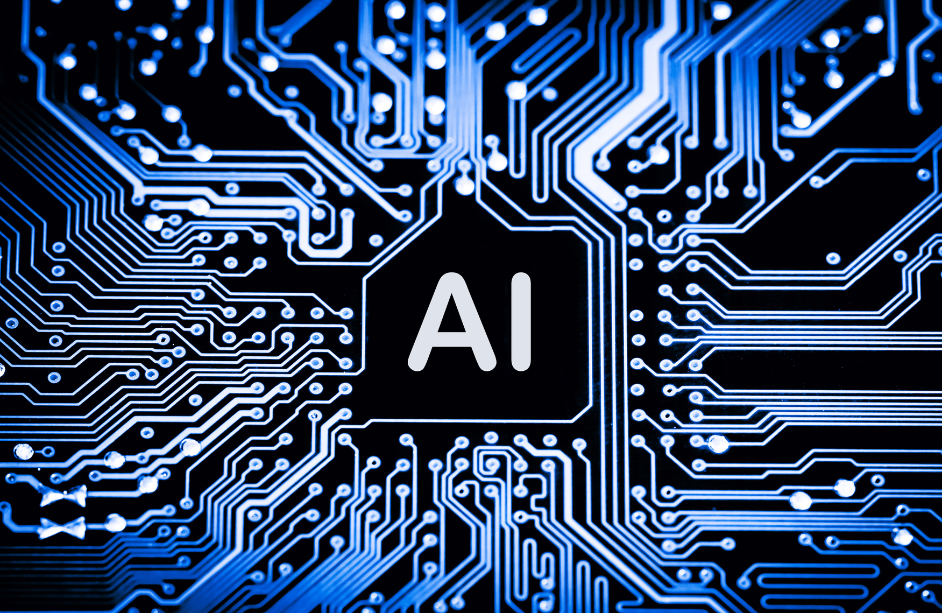The cleaning and restoration industry is undergoing a transformation, with Artificial Intelligence (AI) at the forefront. As technology advances, AI is becoming more integral to enhancing efficiency, improving quality control, and delivering a superior customer experience. For small to medium-sized businesses in the cleaning and restoration industry, understanding the role AI plays is crucial for staying competitive in a rapidly evolving market.

- Boosting Operational Efficiency
AI-driven tools are streamlining daily operations, enabling companies to work smarter and faster. From managing logistics to automating routine tasks, AI can significantly reduce manual workload, allowing teams to focus on more complex tasks. Here are some key applications of AI in improving efficiency:
- Automated Scheduling and Resource Allocation: AI can predict demand, ensuring the right number of technicians and resources are allocated to each job, avoiding overstaffing or delays.
- Predictive Maintenance: Equipment breakdown can be costly and lead to delays. AI-driven predictive maintenance tools monitor machinery health, identifying potential issues before they lead to failure, thus ensuring continuous operation.
- Optimized Routes and Navigation: AI systems can calculate the most efficient travel routes for technicians, reducing fuel costs, minimizing travel time, and helping businesses manage emergency situations with greater agility.
- Enhancing Quality Control
Maintaining consistent service quality across multiple projects can be a challenge, especially for restoration jobs that often require precision and compliance with safety standards. AI is helping businesses in the cleaning and restoration sector enhance their quality control through data-driven insights and automation:
- AI-Powered Inspections: AI technology, including drones and smart cameras, can now conduct site inspections more accurately and faster than human inspection teams. These tools can detect inconsistencies, such as moisture levels or structural weaknesses, ensuring a thorough evaluation of affected areas.
- Real-Time Monitoring: AI systems allow real-time monitoring of restoration processes, ensuring that every step—from dehumidification to air purification—is done effectively. Any anomalies are flagged immediately, allowing technicians to intervene before issues escalate.
- Data Analytics for Continuous Improvement: AI platforms gather and analyze vast amounts of data on completed jobs, giving businesses actionable insights into areas where processes can be optimized. These insights not only help refine future projects but also maintain high-quality standards.
- Elevating Customer Experience
In today’s competitive market, offering excellent customer service can be a key differentiator. AI helps businesses create a more personalized, seamless experience for customers, leading to higher satisfaction and retention rates:
- Automated Customer Support: Chatbots powered by AI can handle customer inquiries 24/7, providing instant answers to common questions and booking services without the need for human interaction. This immediate response helps resolve issues faster and ensures customers receive assistance outside business hours.
- Personalized Services: AI systems can analyze customer data and preferences to offer tailored services. For example, AI can suggest specific cleaning or restoration packages based on the customer’s past needs, offering a more personalized experience.
- AI-Driven Reviews and Feedback: AI tools can automatically request feedback from customers after a job is completed. These tools can analyze sentiment from reviews and ratings, helping businesses understand customer satisfaction levels and areas for improvement. Additionally, AI can flag negative reviews for quick resolution, improving reputation management.
- The Future of AI in Cleaning and Restoration
As AI continues to evolve, its role in the cleaning and restoration industry will expand even further. We can expect AI systems to integrate more seamlessly with other emerging technologies, such as Internet of Things (IoT) devices and augmented reality (AR), creating a more connected and efficient environment.
Moreover, AI will enable businesses to offer predictive services, identifying potential issues before they arise, such as predicting areas vulnerable to water damage in a building. These proactive measures will help companies offer better value to their clients and reduce long-term damage costs.

Final Thoughts
AI is no longer just a buzzword—it’s a powerful tool that’s reshaping the cleaning and restoration industry. From improving operational efficiency and ensuring consistent quality to elevating customer experience, the benefits of AI are vast. Businesses that embrace these innovations will be well-positioned to thrive in the future, staying ahead of the competition and delivering unparalleled service.
If you’re in the cleaning and restoration industry, now is the time to explore how AI can transform your business processes and take your service offerings to the next level.


